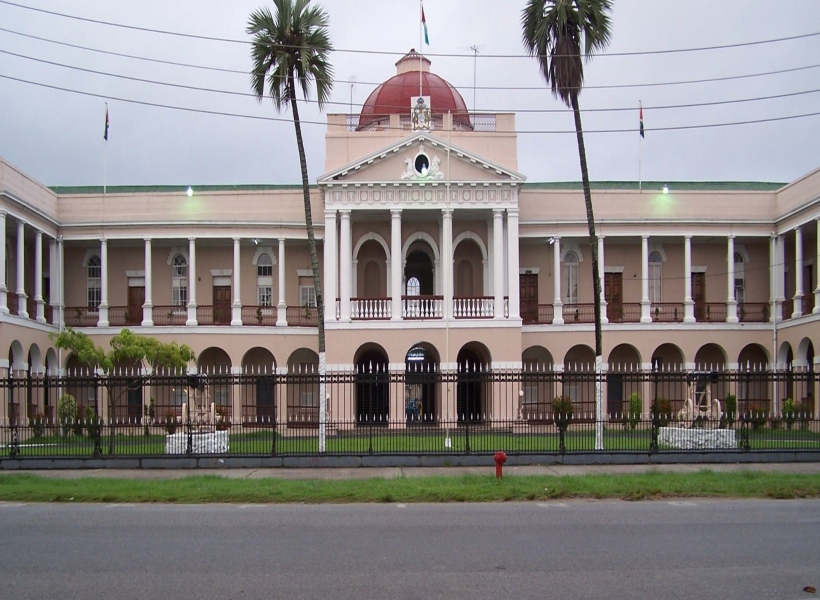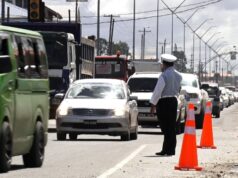The recent National Grade Six Assessment (NGSA) results have reignited discussions about the quality of the public education system when compared to private schools. At a press conference held yesterday, Juretha Fernandes, Executive Member of the Alliance for Change (AFC), expressed grave concerns over the performance gap between private and public schools, calling it a reflection of the broader disparities in the country’s educational system.
“Private schools have outperformed government schools once again,” Fernandes stated emphatically. “This persistent trend raises serious questions about the quality and effectiveness of our public education system. The future of our children depends on the accuracy and reliability of their academic assessments, and any discrepancies must be promptly addressed to maintain public confidence.”
Fernandes highlighted the significant issue of alleged incorrect grade allocations, which have recently surfaced. She urged the Minister of Education, Priya Manikchand, to conduct a thorough and transparent investigation into these claims to ensure the integrity of the education system is upheld. “This issue strikes at the very heart of our education system’s integrity and fairness,” she said. “The future of our children depends on the accuracy and reliability of their academic assessments, and any discrepancies must be promptly addressed to maintain public confidence,” she added.
On Thursday, this publication had reported that the disparity in performance between private and public schools is stark. The top performers in this year’s NGSA, including Alisha Scheller from Success Elementary and Kaiya Daniels from Green Acres Primary, both private institutions, highlight a trend where private schools consistently dominate the top positions. Of the top 10 students, not a single one hailed from a public school, underscoring the ongoing inequities within the educational system.
Fernandes also drew attention to the regional disparities in educational achievement, pointing out that the majority of top-performing students come from coastal regions, with only one student from the hinterland region securing a place at Queen’s College. “This disparity underscores the urgent need for equitable access to quality education and resources across all regions of our country,” she said. “Every child, regardless of their geographic location, deserves an equal opportunity to excel academically.”
The AFC’s stance is that the government must undertake a comprehensive review of the current educational policies and practices. “We believe that a comprehensive review and reform of our educational policies and practices are essential to ensure that all students receive the highest standard of education, whether they attend private or public school,” Fernandes emphasized. She called on the Minister of Education, Priya Manickchand to address the inequalities plaguing the education sector and to take decisive action to ensure every child in Guyana has access to fair, high-quality education.
The recent NGSA results have shed light on the need for significant reforms to bridge the gap between private and public education in Guyana. The AFC has committed to advocating for these reforms and to working with all stakeholders to create an education system that truly serves the needs and aspirations of every Guyanese child. “The Alliance for Change remains committed to advocating for educational reforms that promote fairness, equity, and excellence,” Fernandes asserted. “We stand ready to work with all stakeholders to create an education system that truly serves the needs and aspirations of every Guyanese child.”







![[BeFunky patch_a4nar01b7h] OPPOSITION MEMBER OF PARLIAMENT, AFC'S JURETHA FERNANDES PRIYA MANICKCHAN](https://www.guyanastandard.com/wp-content/uploads/2024/07/BeFunky-patch_a4nar01b7h-OPPOSITION-MEMBER-OF-PARLIAMENT-AFCS-JURETHA-FERNANDES-PRIYA-MANICKCHAN-820x580.png)





